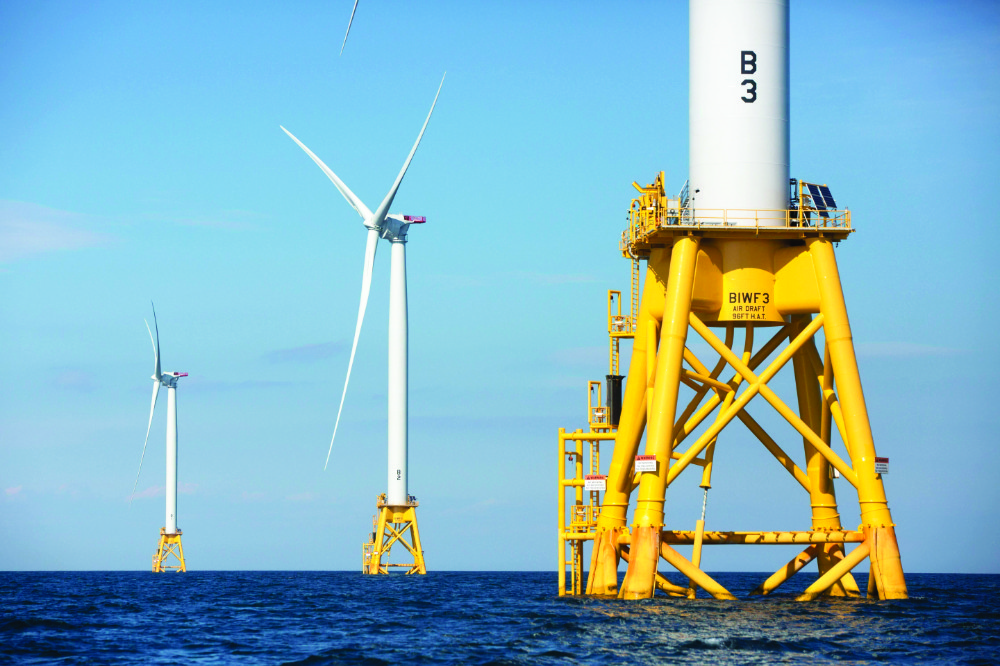OSLO: Renewable energy will account for a far larger share of global supply in 2050 than major oil companies or the International Energy Agency (IEA) expect, Oslo-based consultancy Rystad Energy said on Thursday.
Its updated models show renewables meeting 74 percent of total energy demand by 2050, compared to 43 percent, 45 percent and 69 percent in the most aggressive scenarios from energy firms Equinor, Shell and BP.
The IEA expects renewables to account for 35 percent of the market by 2040.
The renewed commitment to the Paris climate agreement by the US this year, the growing number of countries with net zero carbon emissions targets for 2050 and renewable technology development have changed the energy landscape, Rystad CEO Jarand Rystad told an online conference on Thursday.
“All previous assessments have to be scrapped and we need to look at it with completely new eyes,” he said.
Rystad Energy sees the sales of battery electric vehicles (BEVs) rising to 64 million by 2030, compared with oil company scenarios ranging from 22 million to 38 million and an IEA estimate of 30 million.
Rising renewable energy output amid falling costs and increasing efficiency of solar panels and wind turbines, as well as sales of electric vehicles have also hastened predictions for peak demand for oil and gas.
Rystad Energy said last month it expected global oil demand to peak at 101.6 million barrels per day (bpd) in 2026, versus a forecast made in November for a peak in 2028 at 102.2 million bpd.
With an increasing share of energy being produced by solar and wind power, the global energy trade, dominated by the fossil fuels today, is going to shrink significantly, it predicts.
“We are going to de-globalize the energy market with the new technologies,” Rystad said at Thursday’s conference.
Norway pushes into renewables with $1.6 billion deal SABIC joins forces with BASF and Linde to build renewables-fueled petrochemical furnace

